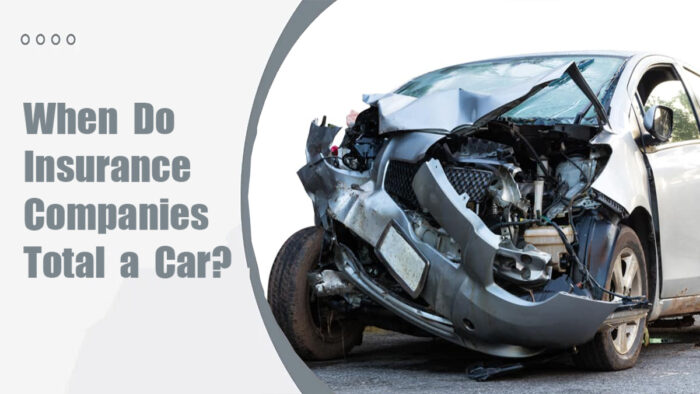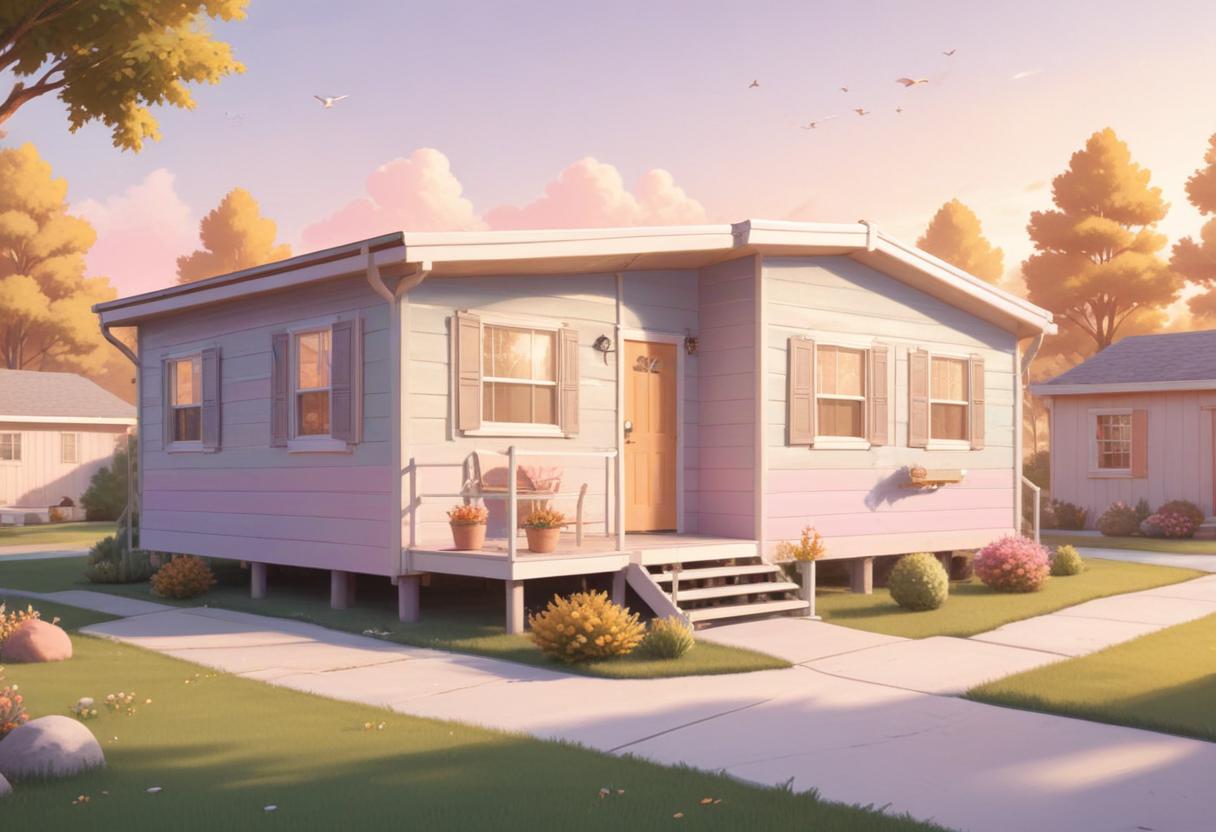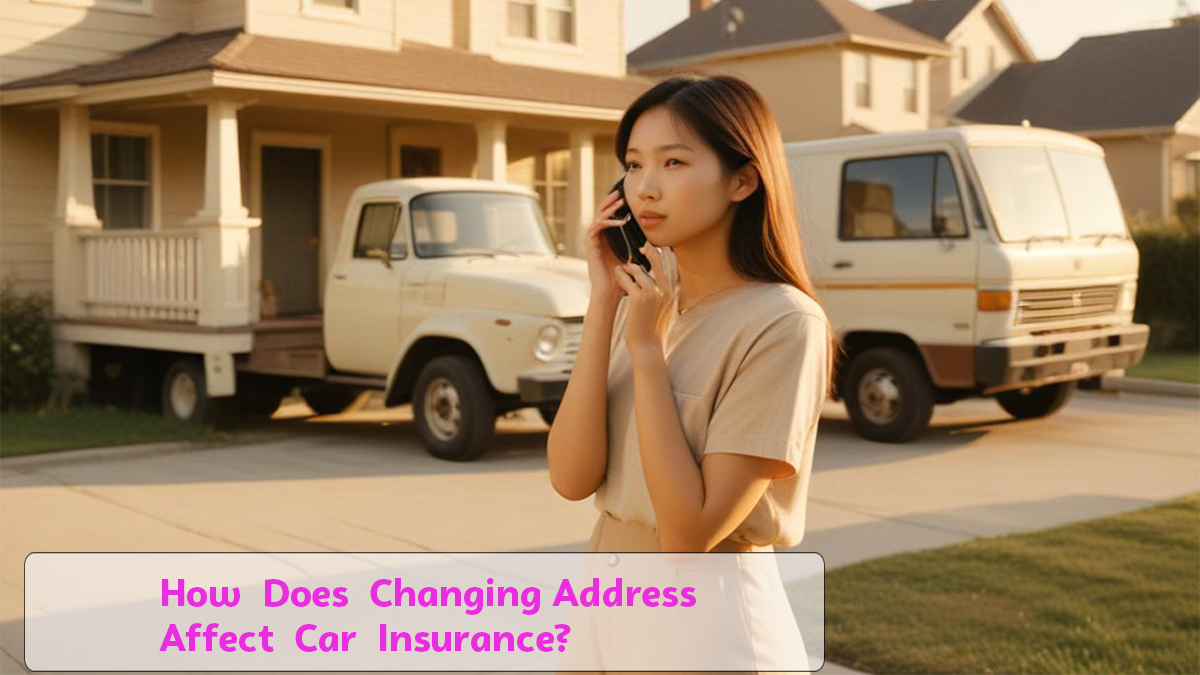We are all aware of how costly car repairs can be. So when damages are huge, the cost to fix the vehicle may be more than its value. This is the time when the question “When do insurance companies total a car?” will likely come to mind. If you are involved in a fatal accident where huge damages have been caused to your vehicle, the probability of your insurer calling it a total loss is very high.

Insurance companies will total a car when an appraiser checks the cost of repairing it after it was involved in an accident and finds out that the salvage value plus repairs exceeds the vehicle’s cash value.
What Happens When Insurance Companies Total a Car?
You will file a claim depending on the type of coverage the accident falls under. For example, comprehensive coverage for acts of vandalism or collision insurance for crashes. To know the salvage value of your car, you need to compare the resale value of its parts and metal with the cost before you repair it.
The actual cash value (ACV) of your car is what it’s worth after you consider depreciation. Insurance companies use your car’s make and year to determine its ACV. If repairing your car is more expensive than its actual cash value, the insurance company will declare it a total loss, according to American Family Insurance. When this occurs, you have just two choices:
- Take a cash payout.
- Keep the salvage.
80% choose the cash payout, which means the insurer gives you a check for the car’s ACV. This value is calculated using a vehicle valuation database. However, know that every insurance company has its own method. If you think the payout is unfair, you can challenge it. But you might need to spend some money out of pocket to get a higher amount.
If you wish to keep the car, we recommend that you consider these factors:
- Repair costs
- Passing inspection
- Insurance
- Financing
Your car was totaled for a reason, and unless you know something the insurer doesn’t or you’re a good mechanic, repairs might be too costly. A salvaged car will need to pass an inspection if you want to drive or sell it.
Finding an insurer that will cover a car with a rebuilt title can be very difficult since these cars are seen as higher-risk. If you still owe money on the car, your lender will have a say in whether you can keep it. So you will have to check with them before deciding.
Insurance Companies Payment for a Totaled Car
Once the insurer calls your car totaled, you will be paid ACV in the form of a check. If you own the vehicle, then you will be given the full amount. However, if it was a financed car at the time it was totaled, you still owe money on it. The lien holder will get the payment first.
After they receive the payment in full, if there is any money remaining, it will be handed to you. Always keep in mind that you will have to pay your deductible before the insurer will pay for your totaled car.
As long as you have insurance coverage and you pay the deductible, you will be paid the ACV when the insurer totals your car. The amount you get can be used to pay off loans, if you have any. However, there may be issues if you own more of the car than it’s worth.
Gap Insurance and a Totaled Car
If you owe a finance company when your car is totaled, this can be a big problem. It is very possible to owe more on your vehicle than its actual cash value. This is when gap insurance coverage comes in.
For example, if your car is totaled and you owe a lender about $20,000 but your vehicle’s ACV is only $15,000, then you have a gap coverage of $5,000. The gap insurance coverage will make sure that this amount does not come out of pocket.
Note that gap coverage will only cover this gap for your auto loans. If you bought your car using a home equity loan, gap insurance will not pay for the difference between what you owe and the value of your car. Also, it won’t pay late penalties and fees, credit life insurance, extended warranties, or loan rollover balances.
Another additional coverage that can help out when your car is totaled is the new car replacement coverage. You find that this type of coverage means that you can replace your vehicle with one of the same make and model.
Most times, this type of coverage is only available for cars that meet specific requirements. But when it is combined with gap insurance, it ensures that you get taken care of if your car is deemed totaled. Having these two coverages will help you cover any problems with depreciation that you may face.
Being in an auto accident where the cost to repair damages is more than the ACV means your insurer will likely consider it a total loss. If it comes to this, you need to understand the options you have and how the insurer will proceed. Having additional coverage is a nice option if you have a loan on your vehicle to make sure the loss doesn’t leave you frustrated financially.



